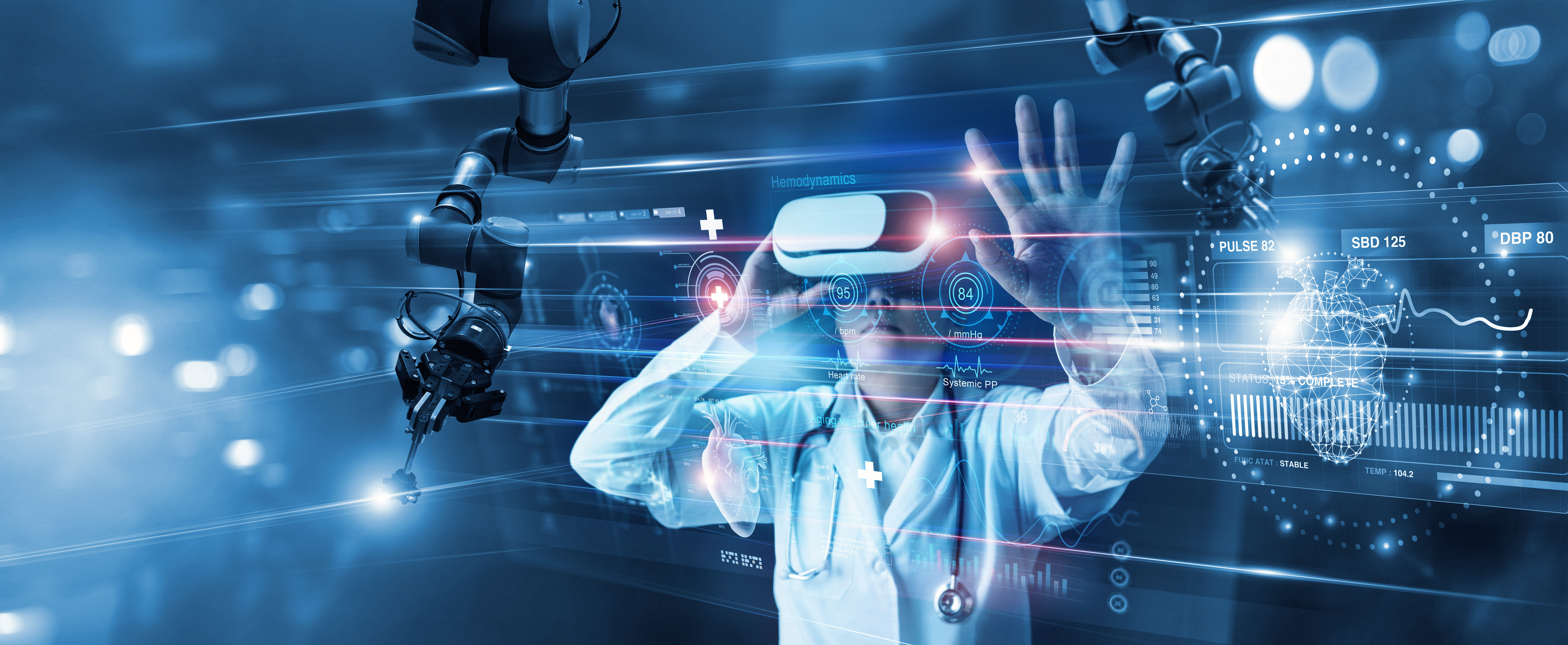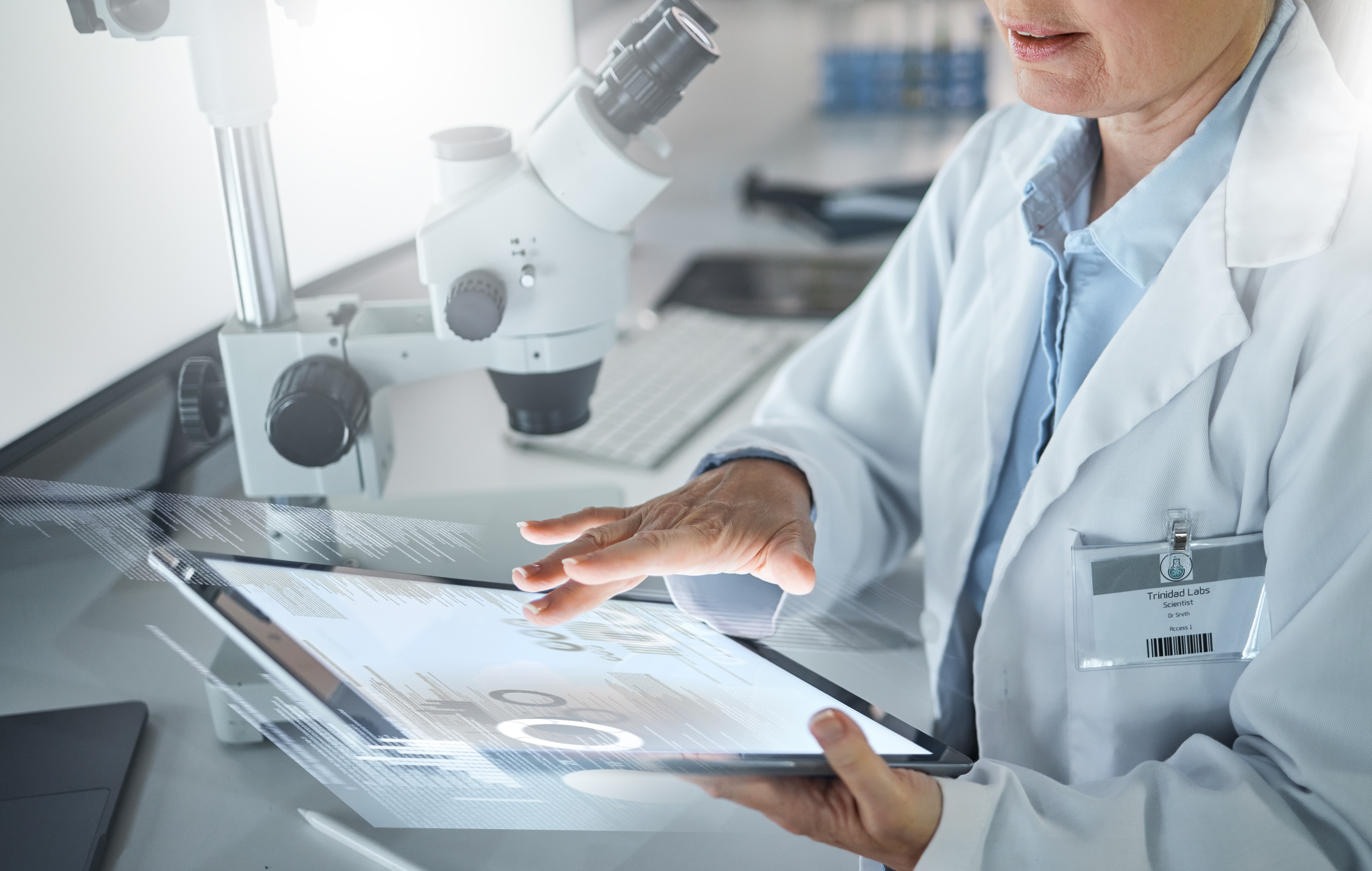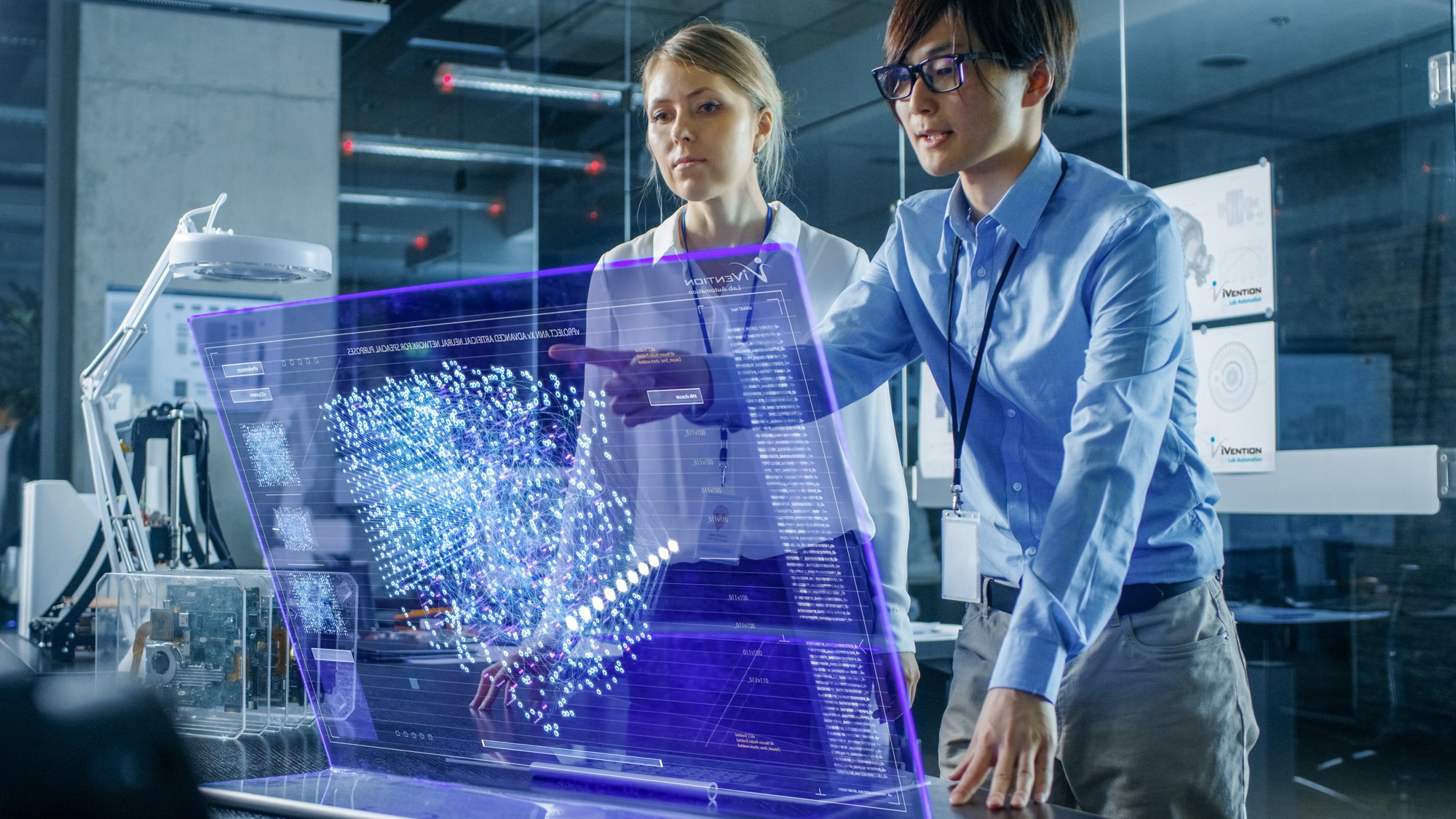The digitization of laboratories poses significant challenges for the individuals and institutions involved, particularly in terms of handling the data generated by the many devices and processes. To enable effective analysis and interpretation of the data, it is critical that it be structured and organized in a way that is accessible and understandable to all users. In this context, the entity concept plays an important role.
The entity concept describes the structuring of data by identifying entities and their relationships to each other. An entity is an object that stands for itself and is considered in the context of other entities within the system. In the laboratory, for example, entities can be equipment, samples, test results, or employees. Defining entities and their relationships to each other creates a structured data model that enables effective analysis and interpretation of data.
Using the entity concept in a digital laboratory offers numerous advantages. Structuring the data not only makes it more accessible to the user, but also optimizes it for machine processing and analysis. In addition, the concept makes it easier to search and query data and enables better integration with other systems and processes.
However, some challenges must also be considered when implementing the entity concept in a digital laboratory. In particular, the complexity and diversity of entities can make implementation difficult. Therefore, it is important to perform careful planning and structuring to achieve an optimal result.
In summary, the entity concept is a crucial factor in the digitization of a laboratory. Structuring the data makes it more accessible and easier to integrate. However, careful planning and implementation are essential to take full advantage of the concept. When selecting a digital laboratory system, it is therefore advisable to make sure that it supports the entity concept and that it is included in the planning and implementation.
What is the situation like in your day-to-day laboratory work? Is the digital transformation already in full swing - or are you still considering how to implement digitization in a targeted manner? We would be happy to actively support you on your way to Lab 4.0! Why not get in touch with us directly?
The Entity Concept in the Digitization of a Laboratory
Mar 27, 2023 11:45:00 AM / by Paul Planje posted in LIMS, Lean Lab, Digitalisation, Platform, Digital transformation, Cloud Technology, Informatics
Process optimization in the laboratory
Feb 6, 2023 11:45:00 AM / by Paul Planje posted in Lean Lab, Platform, Digital transformation, Digitalization, iLES, Cloud Technology, Informatics
Process optimization in the laboratory ensures that experiments are performed faster, more efficiently and more cost-effectively. There are many different ways to optimize processes in the laboratory, for example by using automated systems, optimizing workflows or introducing standardization measures. Process optimization can also help improve the quality of experiments by minimizing manual errors. If you are interested in how to optimize lab processes to achieve better results, then you should read on!
Lab Execution System - LES
Jan 23, 2023 11:45:00 AM / by Paul Planje posted in Lean Lab, Digital transformation, Digitalization, iLES, Cloud Technology
Automate Your Lab with a Lab Execution System
A Lab Execution System (LES) is a software approach that makes lab experiments faster, more reproducible, and more efficient. With a LES, experiments can be automated, minimizing manual work. In addition, the system can document all steps and decisions, improving the reproducibility of experiments. A LES can also help make better use of resources such as chemicals and equipment and improve the quality of experiments. With an LES, all data generated during an experiment can be centralized and managed, making it easier to analyze and share data.
Digital inventory management
Dec 20, 2022 11:45:00 AM / by Paul Planje posted in Lean Lab, Digitalisation, Platform, _Platform, iLES, Cloud Technology
Increase your lab's productivity with digital inventory management
Digital inventory management can significantly improve the productivity of a laboratory - by ensuring that all materials and equipment are reliably available at all times to perform upcoming tests and experiments. One thing is certain: if the lab is constantly lacking materials and equipment, this can lead to delays and interruptions in the workflow, thus affecting the lab's productivity.
Making documentation simpler and more complete
Nov 14, 2022 11:45:00 AM / by Paul Planje posted in Lean Lab, Digital transformation, Digitalization, Informatics
When it comes to documentation requirements in the laboratory, the focus is mostly on documenting and archiving measurement results. In the second row of attention, however, are still the records of instrument parameters. As part of quality control in a modern laboratory, it is not only necessary to document when and how regularly a laboratory instrument has been serviced - but also how well the instrument performs in daily use.
In addition, documentation of upstream and downstream processes is increasingly required, analogous to the requirements in production plants. Whether storage of raw materials and products or incubation processes: regular checks with complete records are required. With digital end-to-end processes, laboratories can respond to the increased requirements in the area of documentation obligations - without taking up valuable staff time resources unnecessarily.
In addition to a high degree of automation in digital documentation, iVention also enables the integration of IoT devices. This allows captured data to be collected, stored and processed directly without any detours. Central data acquisition with secure, location-independent access to data makes documentation simpler, more complete, faster and more reliable.
What's the situation like in your lab? Are documentation tasks still eating up your teams' capacities - or are you already on your way to the digital lab of the future? Feel free to write us about your experiences, we look forward to a constructive dialog!





